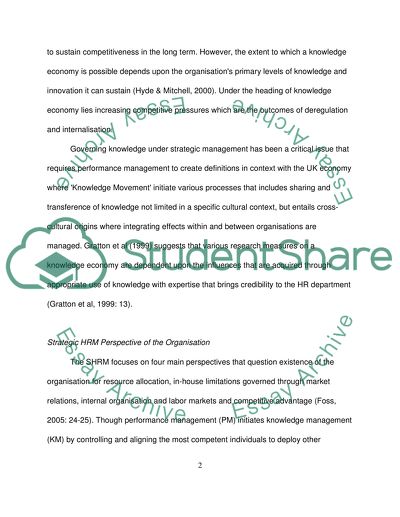Cite this document
(“Knowledge Economy in The UK Essay Example | Topics and Well Written Essays - 2250 words”, n.d.)
Knowledge Economy in The UK Essay Example | Topics and Well Written Essays - 2250 words. Retrieved from https://studentshare.org/miscellaneous/1520361-knowledge-economy-in-the-uk
Knowledge Economy in The UK Essay Example | Topics and Well Written Essays - 2250 words. Retrieved from https://studentshare.org/miscellaneous/1520361-knowledge-economy-in-the-uk
(Knowledge Economy in The UK Essay Example | Topics and Well Written Essays - 2250 Words)
Knowledge Economy in The UK Essay Example | Topics and Well Written Essays - 2250 Words. https://studentshare.org/miscellaneous/1520361-knowledge-economy-in-the-uk.
Knowledge Economy in The UK Essay Example | Topics and Well Written Essays - 2250 Words. https://studentshare.org/miscellaneous/1520361-knowledge-economy-in-the-uk.
“Knowledge Economy in The UK Essay Example | Topics and Well Written Essays - 2250 Words”, n.d. https://studentshare.org/miscellaneous/1520361-knowledge-economy-in-the-uk.


